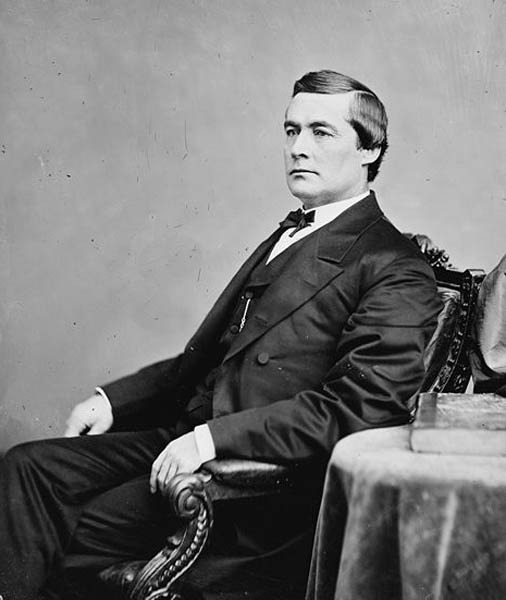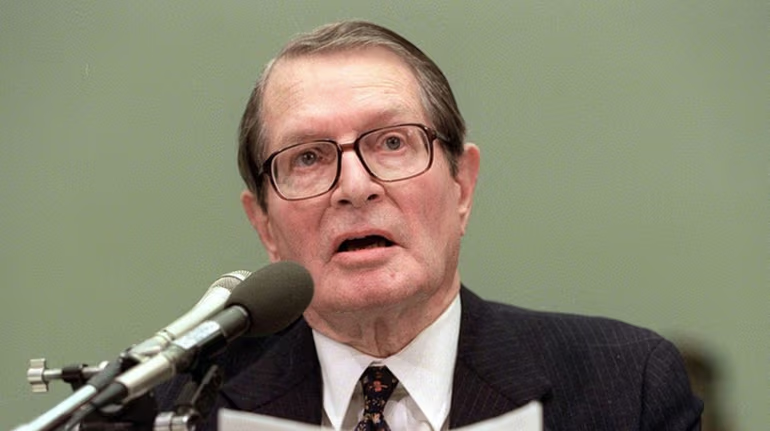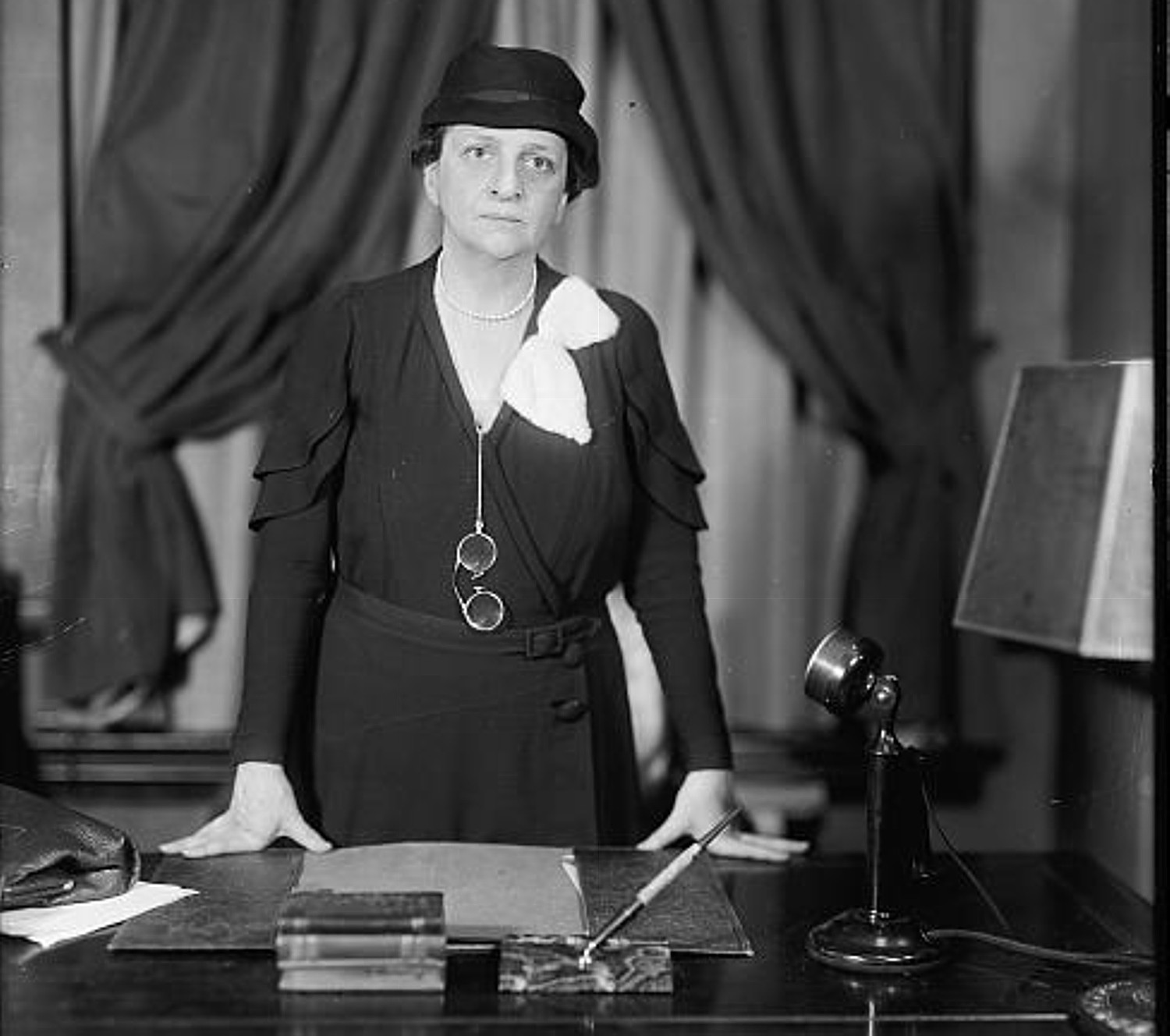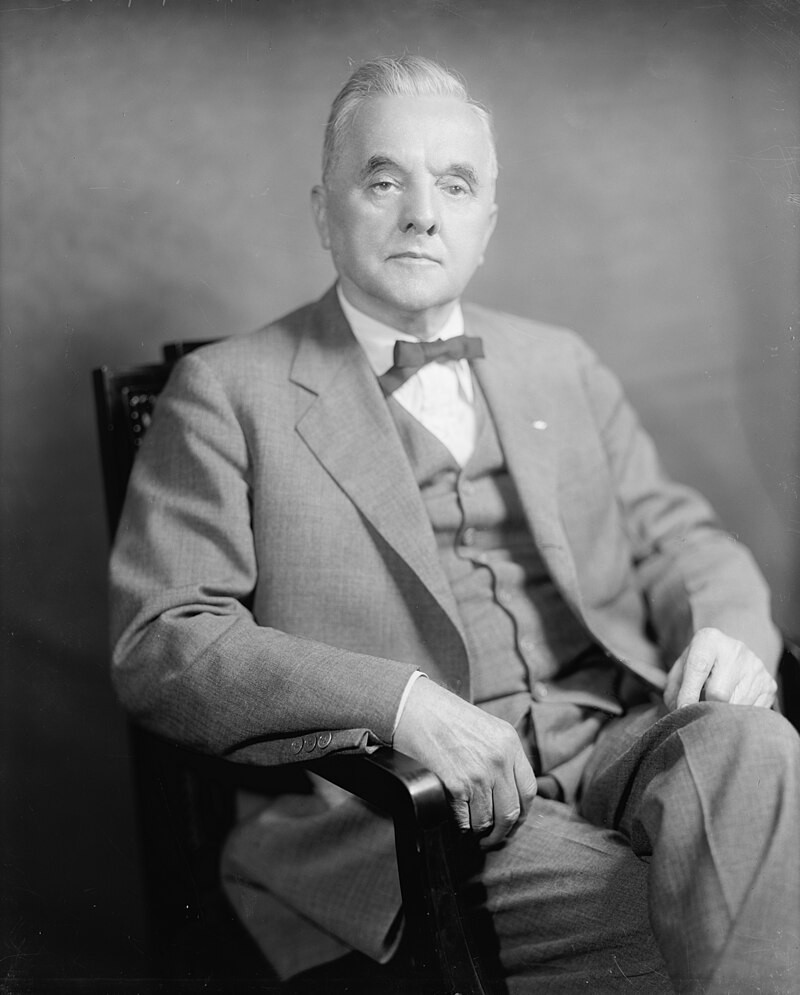There’s a scene late in the film The Emperor’s Club when William Hundert, a teacher who believes that character is the path to true success, dispenses a final lesson to an errant student.
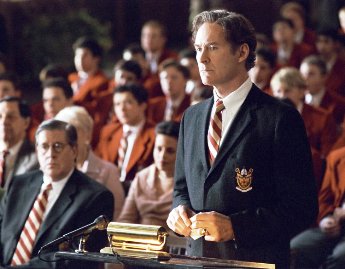
“All of us, at some point,” Hundert tells an older but no wiser Sedgewick Bell, “are forced to look at ourselves in the mirror and see who we really are.”
Earlier, Hundert faced his own moment in the mirror when he changed the grade on Bell’s final freshman essay allowing the student to compete in an academic contest. At the time, Hundert rationalized his choice believing that this means would offer the troubled Bell the chance to rise to both academic and ethical excellence.
So, does the end justify the means?
My own teacher, Michael Josephson, would call Hundert’s actions consistent with the doctrine of consequentialism. A theory “based on the notion that the ethics of an act is best determined by the consequences produced. Consequence-based decision making models allow the ethical person to evaluate competing ethical values in terms of likely and intended results.”
In short: the end result can justify the action taken even if that action may be ethically questionable.
I was thinking about this in comparing and contrasting two recent events. Board members for The New Museum for Contemporary Art in New York approved the loan of a substantial art collection by one of their own trustees for a major exhibition to be held at the museum. Even though the result of the action serves to benefit the public in seeing works that have never been shown in the United States, the ethically questionable action would also allow one of their own trustees to benefit by enhancing the value of his collection particularly if he chooses to sell or donate any or all of it.
“The major shortcoming of pure consequentialism,” Josephson points out, “is the ease with which it can be manipulated by self-serving rationalizations to produce situational ethics and an ‘end justifies the means’ credo which elevates expediency over principle.”
However, there are times when consequentialism works.
Freshman Representative Joseph Cao was the lone Republican to vote in favor of the House version of the Health Care bill. “I felt last night’s decision was the right decision,” Cao said, “even though it was not the popular decision for my party. At the end of the day, I had to make a decision of conscience based on the needs of the people in my district.”
Whether you agree or disagree with the health care bill is not the point. Cao put his principles and the needs of his constituents before the needs of his party and his own political career.
That’s the kind of decision Professor Hundert would offer up as example of living a life of principle; for at the end of the day, when faced with the difficult choices that ultimately come our way, it is our principles, or lack thereof, that will determine who we really are.
Comments


